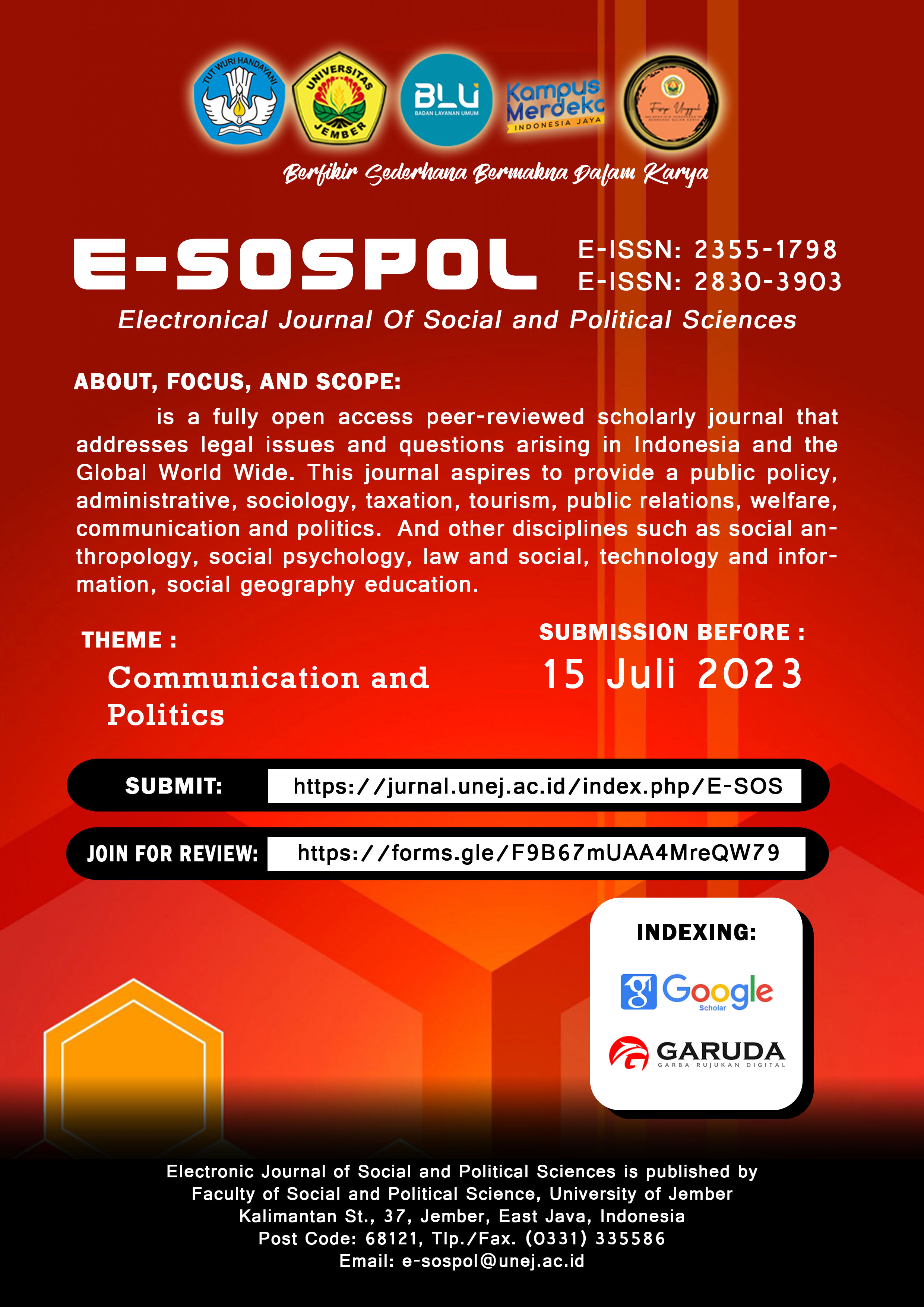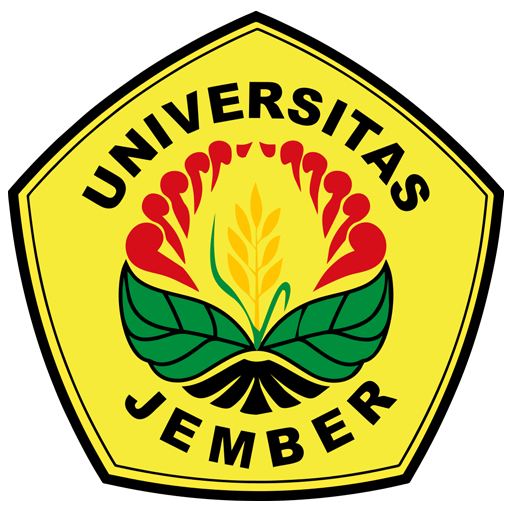Implementasi Program Pemberdayaan Masyarakat Pesisir dan Pantai (P2MPP) untuk Meningkatkan Kesejahteraan Masyarakat (Studi Deskritif pada UPKu Bina Insan Bahari, Desa Kilensari, Kecamatan Panarukan, Kabupaten Situbondo)
Abstract
Abstract
As one of the efforts to contribute the mitigation and alleviation of poverty, Community Empowerment Board (Bapemas) of East Java, beginning in 2010, had realized P2MPP program which aimed to improve the community welfare, especially the coastal community through managing the Unit of Financial Management and Business (UPKu) as an instrument providing capital loan service to the community. This research aims to describe and to analyze the implementation of P2MPP on UPKu Bina Insan Bahari in Kilensari Village. This research used a qualitative research approach. The used informant determination was purposive technique. The data were collected through observation, interviews, and documentation. After the data was collected and analyzed by the method of data analysis, researchers used triangulation technique to test the validity of data. The results of this research indicated that there were four phases in the implementation of the P2MPP Program done by UPKu Bina Insan Bahari. The first phase was the preparation of UPKu that began with strengthening the UPKu institutional capacity. The second was the socialization done by UPKu through doing election of RTS or community group. The third was the management of funds done by UPKu in the form of fund distribution of P2MPP to RTS or community group and the management of Savings and Loans Business in order to assist community in accessing the funds provided by the government. The last phase was monitoring done by UPKu management in every three months.
Penulis yang mengusulkan naskahnya untuk dapat diproses penerbitannya pada e-SOSPOL dianggap telah menyetujui beberapa hal sebagai berikut:
1. Penulis tidak dapat menarik naskah yang telah usulkan untuk diproses hingga mendapat jawaban dari Ketua Dewan Penyunting atas status naskah artikel ilmiahnya (diterima atau ditolak untuk diterbitkan).
2. Penerbit tidak bertanggung jawab terhadap kasus plagiasi atas artikel yang terbit pada e-SOSPOL
3. Penerbit tidak bertanggung jawab atas data dan isi dari artikel yang diterbitkan pada e-SOSPOL, dan sepenuhnya merupakan tanggung jawab penulis.






.png)

